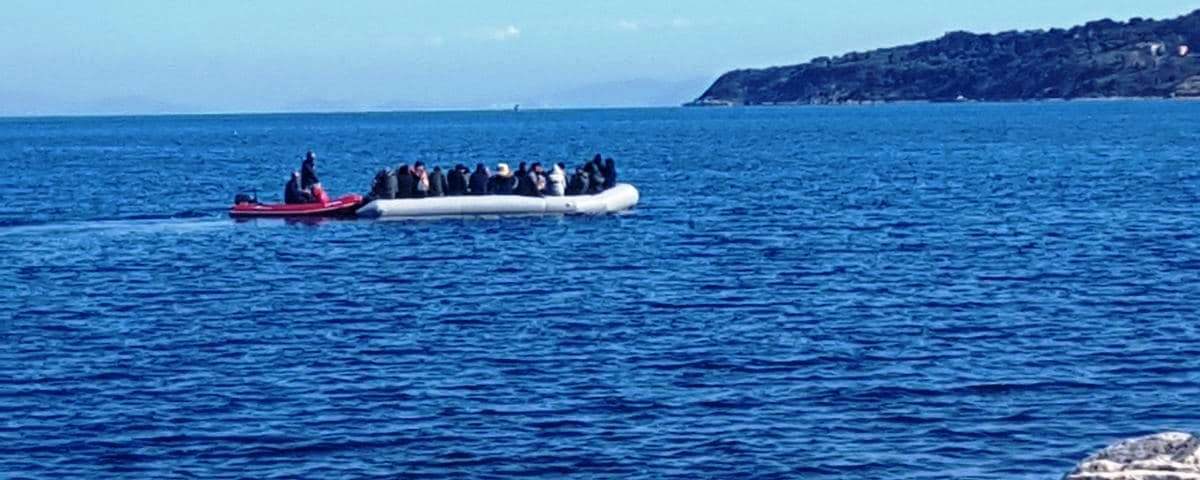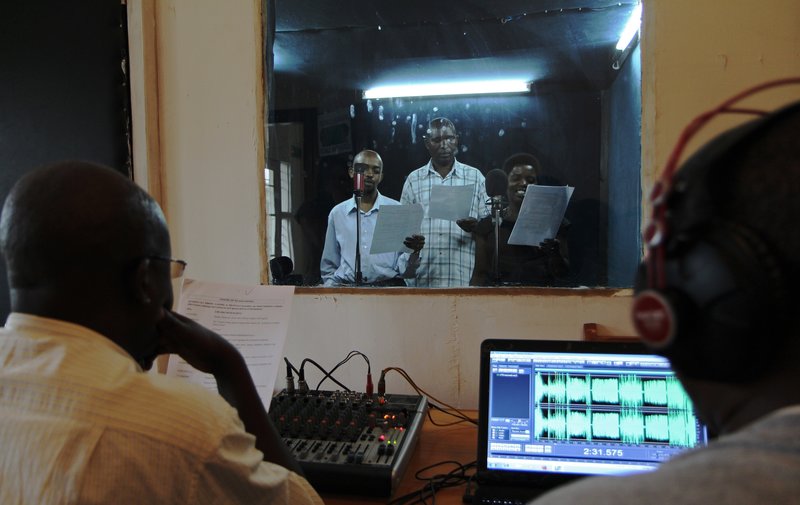
Sampling
February 24, 2020
Doing research doing Covid-19 or ‘Mom, what is structural violence?’
March 18, 2020March found me on the island of Lesvos that became synonymous with the refugee and immigration crisis. In recent years, my ties with this place have become stronger and stronger. I have returned there again and again as a discreet observer of the refugee and immigration phenomenon that has marked the modern history of Greece, but even when I am away my thoughts are there on the island and the people it hosts, to those who are struggling to survive in a familiar – unfamiliar place. But is it possible for a place to be familiar and unfamiliar at the same time? And yet it is possible because you can see, as an impact of the crisis, the fatigue which has hatched, among other things, behaviors totally stripped of humanity. And I dare say that these behaviors should concern us more, not because they are the rule but because they reflect the separation between the perpetrator and the victim. Moreover, they also contain another dimension of the perpetrator as a victim of himself, because when you stop behaving humanly you betray no one but yourself and this is something we must stand up for. I have been tormented by this thought for years and it comes back more intensely every time an incident of racist violence comes to the fore. And this time my trip reserved for me a heavy baggage for the return, as I happened to be at the spot where the incident of unprecedented racist violence unfolded that monopolized the interest of the media. A boat carrying refugees, trying to reach the mainland and a group of angry residents blocking it. Suddenly their anticipation of landing on the shore and the smiles for the end of the odyssey of the trip gave way to fear and despair with the impression that their real odyssey is now beginning. These are images that have been etched in my memory and I carry them as a sad reminder but also as a promise for all that we have to do. Suddenly I realized that another spring is here!
Christina Angeli
Related posts





